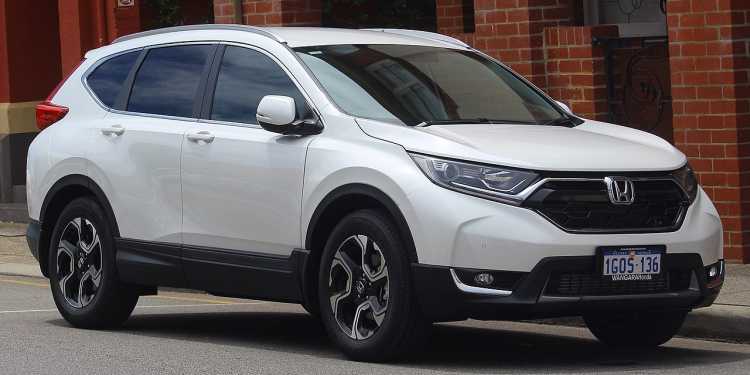The reasons for a car to shake upon a hard brake is a common question among people. There are a few different things that can cause that, so the answer is particularly not simple. It could be a reason right off a worn suspension or steering components, it could be a tire problem, and importantly it could be a problem with the brake rotors.
Basically, what happens is, if the brake rotor becomes out of round or gets excessive lateral runout, the car wobbles upon applying a brake. You will experience the shaking of the vehicle in the brake pedal, and other times you will simply feel as if you are at a slow speed.
The out of surface rotors are dangerous if you usually drive on highways at top speed. It can cause the whole car to vibrate, resulting in a disbalance in the car. You might be prone to accidents due to bad rotors; thus, get the components resurfaced as soon as possible.
In most instances, this can be accomplished without replacement of the brake pads unless and until the brake pads have 50% remaining. Replacing the rotor is fairly an inexpensive service. If you sense your brake is pulsating or the vehicle is shaking when you are stepping on the brakes, your braking effectiveness has been compromised, which is, of course, a safety issue.
Often the cars stored in the garage for a longer period inherit this kind of issue. It’s advised to take your car for a 15 minutes spin once or twice a week so that you won’t be facing any problems. Now, most of you might think the used car is a bad purchase decision as it might have several interior and exterior issues. Well, the answer is between yes and no.
Yes, a bad dealership might want to sneak their unsold car with brake issues at a price too reasonable to be true while the generous dealer provides you with the car’s history report. One way or another, you are responsible for making the purchase decision. At the dealership note, every single detail the dealer says and compares it with the car’s comprehensive history report. If you think he’s breaking details with erroneous claims regarding its finance, insurance, and registration details, call off the deal.
Table of Contents
Reasons why your car shakes or vibrates
Unless you are a professional, you will have difficulty knowing the actual cause of vibration in your car. Here we have a couple of suspects, and these include.
1.Engine Misfire
Get the basics out of the way; your car may be shaking if your engine has a misfire or worse if you have a multi-cylinder misfire. It’s easy to trace the misfiring engine as the dashboard console will warn with the check-in lights.
Sometimes if the misfire just starts happening, then you may not find the flashing on the dashboard. Moreover, the engine’s misfire can be related to your ignition problem; thus, get that checked out before moving forward.
2.Uneven rotor
Technically the brake pad and rotor overheat upon applying the brake for a longer period going downhill or applying sudden brakes. The warmth generated by the friction can cause material deposits on the rotor, usually indicated by discoloration or imprints.
There are variables of play when it comes to the wear of brake pads and rotors. Some of these includes:
- Torques
- Lug nuts and caliper
- Slide pins losing lubrication, and
- Hard braking
If the shaking is only happening when you apply your brakes, then the problem is with your brake pads. The issue only occurs upfront as there is a certain amount of tolerance allowed on the front rotors.
Nonetheless, get the car into the skilled service center where a technician gets the problem resolved so that your vehicle will be safe and you will be operating your vehicle in the best condition.
3.Unbalanced tire
There is only a 60 to 80 percent chance that the shaking of the car upon applying a brake has to do with rotors; other times, it could be because of an unbalanced car tire. A car left in a garage for a long time can get inflated, and upon applying brakes, the uneven tire causes the whole vehicle to shake.
4.Motor and transmission mount
Usually, cars have three transmission mounts, the rear, the front, and the side motor mount. The job of these mounts is to attach the engine and transmission to the chassis of the car. Whensoever you put your car into drive mode, the engine and transmission apply a bit of torque to the wheels. If these mounts are broken, you will feel more vibration while applying a brake.
Well, the shaking of a car is annoying. If you are sure of the reason, you can repair the issue by yourself inexpensively. Also, taking your car for full inspection is also a good idea if you are heavy on safety precautions.


